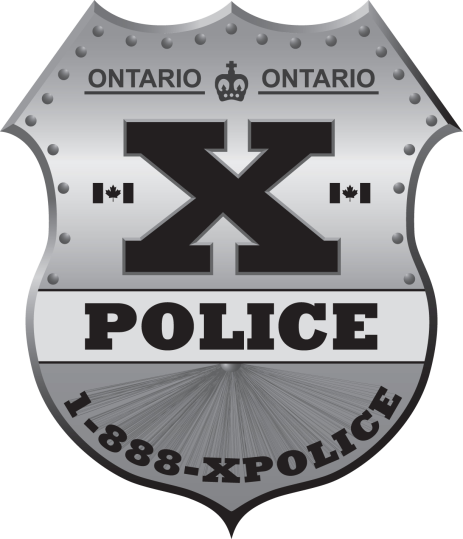Safety advocates want to change the way that news media, the police, and the public at large talk about traffic collisions.

Safety advocates want to change the way that news media, the police, and the public at large talk about traffic collisions. (Eduardo Lima / METRO FILE PHOTO)
As safety advocates push for physical changes to Toronto’s roads to combat a rising tide of pedestrian deaths, they’re also waging a parallel, more abstract struggle to change the way news media, the police and the public talk about traffic collisions.
This year, the city is talking about traffic deaths more than usual. As of Dec. 2, there had been more than 40 pedestrian deaths in 2016, the most in a calendar year since at least 2005.
The language used to describe these incidents has “extraordinary power,” said Maureen Coyle, of Walk Toronto. “It contextualizes. It politicizes or depoliticizes.”
Coyle said she bristles when she reads reports about collisions that don’t mention the driver. As an example, she cites the phrase “a white Subaru struck a woman in an intersection.”
“Well, the white Subaru did no such thing. It was the driver of the Subaru,” she said. “If somebody took a hammer to a person, we wouldn’t say the hammer hit the individual. We don’t say the gun shot the person. We talk about the chain of responsibility.”
At a rally earlier this year, Coyle and other advocates with the Friends and Family for Safe Streets stood outside city hall with signs demanding an end to “road violence.”
The term evokes parallels to other societal scourges like gun violence (which so far this year has killed 36 people), and may sound like a radical way to describe a daily occurrence on our roads. But according to Vision Zero Canada director Graham Larkin, the phrase isn’t new. It dates back to the dawn of the automobile age in North America, when drivers killing pedestrians was still a novel and alarming phenomenon.
To Larkin, the fact that the term has faded from popular use since the early 20th century is a troubling sign that society has come to accept people dying on our roads. “We lost. It got naturalized, it got normalized,” he said.
He said that advocates who are bringing back the term are declaring “the fight is on again.”
“There’s a new sense of awareness… that we have the right to safe mobility,” he said.
Like most road safety advocates, Larkin objects to the term “accident” to describe collisions. “It’s inherently presumptuous if you don’t even know the circumstances to describe it as an ‘accident,’” he said.
The term “accident” could be taken to mean that no one was at fault. But in Toronto, the majority of pedestrian injuries appear to involve driver error. A 2015 Toronto Public Health report found that in 67 per cent of cases where pedestrians were hurt in a crash, the pedestrian had the right of way.
Earlier this year The Associated Press amended its style guide to state that “it’s best to avoid” the word “accident” in cases where “negligence is claimed or proven in a collision.”
Kathy English, the Toronto Star’s public editor, said the newspaper has no specific policy about reporting traffic collisions, but given the growing public concern about the issue “it’s a matter that’s worth giving serious consideration.”
But while she said conventional ways of writing about collisions may need to be re-examined, she also pointed out there can be valid concerns behind the decision to leave drivers’ actions out of reports.
“For legal reasons, we can’t write something that convicts somebody, that says they did it. So we have to be really careful,” she said.
Const. Clint Stibbe, a spokesperson for the Toronto Police Service traffic services, said he always uses “collision” in his news releases.
The exception is when he announces charges against drivers and quotes the provincial Highway Traffic Act or the Criminal Code of Canada. Both use the word “accident” to describe car crashes.
Source: The Toronto Star
